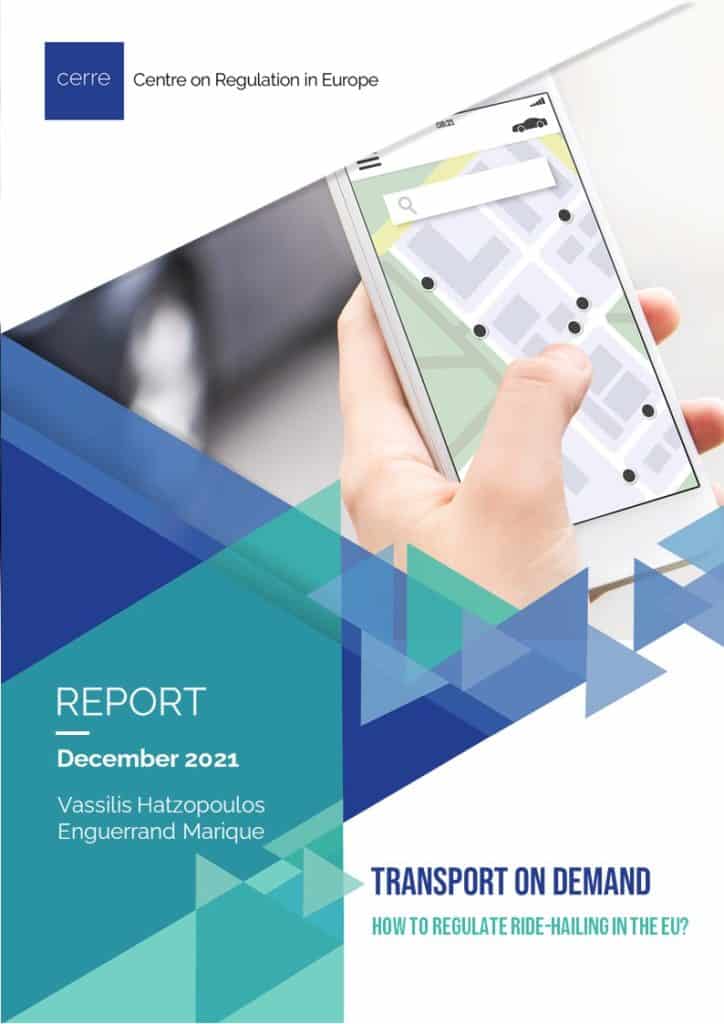Panteion University
Vassilis Hatzopoulos is a full Professor of EU Law and Policies at the Panteion University, Athens. Previously he was a professor at the Democritus University of Thrace, where he also served as Chair of his Department, then Dean of his School. He is a visiting Professor at the College of Europe, Bruges (Belgium).
His research interests cover EU institutional law and governance, the EU internal market with special focus on service liberalisation and the provision of services of general economic interest, state aid and public procurement, as well as EU asylum and immigration law. He has published five monographs, on the principle of mutual recognition in the internal market (in French, Bruylant/Sakkoulas, 1999), on domain names (in Greek, Nomiki Vivliothiki, 2001, with V, Tountopoulos), on the doctrine of essential facilities under EU competition law (in Greek, Sakkoulas, 2002), on the regulation of services in the EU (in English, OUP, 2012) and on the collaborative economy and EU law (in English, Hart, 2018). He has also published over a hundred articles and case notes, in English, French and Greek, in all the major EU-related reviews and periodicals and in edited volumes. His long-standing interest on services translates into dozens of articles as well as several consultations, both institutional and private, in this area.
He has a longstanding experience as a lawyer, practicing before the highest national courts and the Court of Justice of the EU. He has consulted i.a. the Greek Government (on the OECD-led regulatory reform and the Lisbon Strategy benchmarking), the EU Commission (on the Services Directive) and the European Parliament (on EU patients’ rights). Lately his research interests turn around the sharing economy and the EU preferential trade agreements (CETA, TiSA etc).
Vassilis Hatzopoulos is a full Professor of EU Law and Policies at the Panteion University, Athens. Previously he was a professor at the Democritus University of Thrace, where he also served as Chair of his Department, then Dean of his School. He is a visiting Professor at the College of Europe, Bruges (Belgium).
His research interests cover EU institutional law and governance, the EU internal market with special focus on service liberalisation and the provision of services of general economic interest, state aid and public procurement, as well as EU asylum and immigration law. He has published five monographs, on the principle of mutual recognition in the internal market (in French, Bruylant/Sakkoulas, 1999), on domain names (in Greek, Nomiki Vivliothiki, 2001, with V, Tountopoulos), on the doctrine of essential facilities under EU competition law (in Greek, Sakkoulas, 2002), on the regulation of services in the EU (in English, OUP, 2012) and on the collaborative economy and EU law (in English, Hart, 2018). He has also published over a hundred articles and case notes, in English, French and Greek, in all the major EU-related reviews and periodicals and in edited volumes. His long-standing interest on services translates into dozens of articles as well as several consultations, both institutional and private, in this area.
He has a longstanding experience as a lawyer, practicing before the highest national courts and the Court of Justice of the EU. He has consulted i.a. the Greek Government (on the OECD-led regulatory reform and the Lisbon Strategy benchmarking), the EU Commission (on the Services Directive) and the European Parliament (on EU patients’ rights). Lately his research interests turn around the sharing economy and the EU preferential trade agreements (CETA, TiSA etc).




